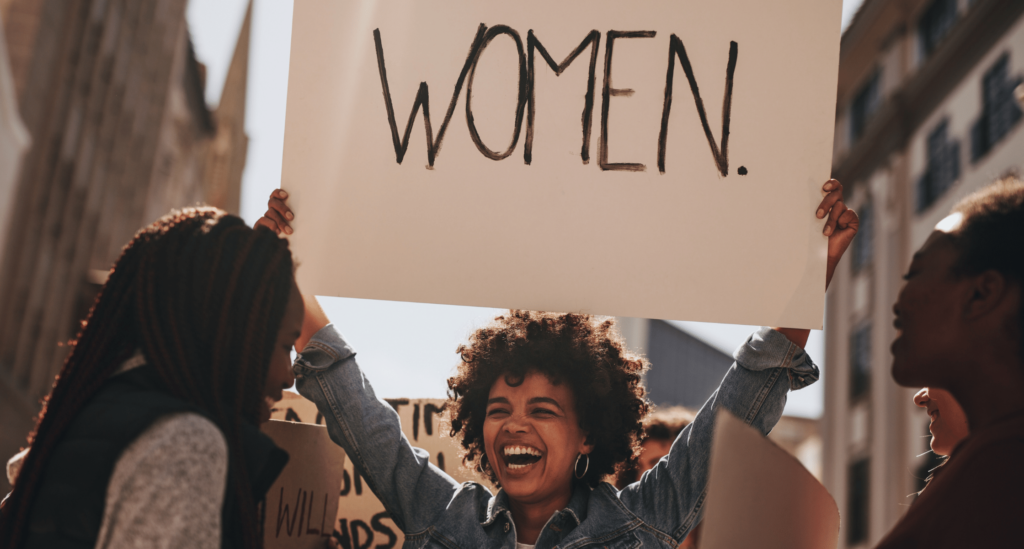Do an internet search on the impact of COVID for women, and you’ll find many (hundreds? thousands?) articles from high-powered consulting firms, respected journalists and media venues, bloggers, vloggers, social media influencers, your neighbors, cousins, and working moms. Let us celebrate Women’s Month by addressing COVID’s impact on women.
Make no mistake, the impact of COVID is huge for women. Hugely negative, that is.
McKinsey, for example, reported that women’s jobs are 1.8 times more vulnerable to the COVID crisis than men’s. Women make up 39% of global employment but account for 54% of COVID job losses.
One important explanation is that women are often the essential worker at home. They’ve been doing an average of 75% of the world’s unpaid care work – childcare, cooking, cleaning – the “second shift” – for a long time (since forever).
Now, according to the 2020 Women in the Workplace study, mothers are 1 ½ times more likely than fathers to spend an extra 3+ hours per day on housework and childcare.
This is an additional 20 hours per week; a new and unpaid part-time job.
No wonder 76% of mothers of young children indicate childcare is a top challenge in COVID, compared to only 54% of fathers.
Across the board, mothers are more likely than fathers to reduce their work hours (17% versus 9% respectively), switch to a less demanding job (16% vs 11%), take a leave of absence (15% vs 9%), and move to part time (8% vs 2%). 100% of them say it’s to avoid burnout and maintain their sanity.
All of this sets back gender equality efforts. The women who reduce hours, change jobs, or take time off will never recoup. In fact, Deloitte reports that 7 out of 10 women believe their career progression will slow down.
Meanwhile, men will gain from these women’s choices (i.e., predetermined destiny) as they continue to climb the ladder of success. They’ll have been at work, after all.
So, what can you do?
One option is to provide as flexible a work schedule as your business can handle. While it’s not fair that women take on so much more at home, it’s the reality we’ve lived in for decades and it’s only becoming more real in COVID. The easier you make it on women to remain in the workforce, the more likely they are to stay.
Be vigilant in your hiring and promotions of women. HR professionals have always looked down on people with gaps in their resume – we might be more forgiving moving forward. If members of your female workforce take a leave of absence, do your best to keep the leave of absence out of your salary increase calculations.
It’s also important to make it clear you are open and interested in whatever ideas your workforce has for making it work. As a business owner myself, I understand that it’s a tall order to bend and shift your business to fit the needs of every worker. But if you’re too rigid, you’re setting back gender equality… possibly by decades.
A resource
If you’re in California, I hope you’ll join me on a free webinar with employment law attorney, Chris Olmsted from Ogletree Deakins. We’re going to discuss options for flexible work, how to gain buy-in and positive performance, metrics to evaluate success, wage and hour compliance, essential policies, and more.
The webinar isn’t necessarily focused on women, but surely your female workforce will benefit.
The webinar is on April 1st at 9 am Pacific. Register here.
Sincerely,
Catherine



